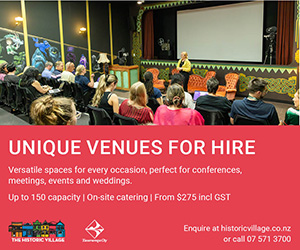If psychometric testing conjures up images of inkblots, you’re probably a little out of date.
Psychometric testing today is extremely sophisticated. And more accessible than ever.
The internet means aptitude testing can take place anytime, anyplace and anywhere. But trying to choose from a plethora of options can be confusing.
In an age where personality tests sit alongside quizzes like “What is your spirit animal?” and “What city should you live in?”, how do you know what to trust?
Using an ineffective test can be as useful as finding out that you should be a polar bear living in Paris. Or trying to select staff based on whether or not they see a butterfly in an inkblot.
But a valid psychometric test can be a fantastic employment tool that streamlines the recruitment process and saves you money.
It can tell you how motivated someone is, whether they are likely to be successful and if they will fit into your work culture.
On the flip side, a test that fails to correlate with objective measures of job performance can do more harm than good.
My go-to is the Saville Consulting Wave Styles questionnaires, developed by Saville Consulting, which was founded by Professor Peter Saville.
The SC Waves Styles integrate personality, competency, culture and motivation to help you learn the following about a candidate:
• How they interact with others and approach their work.
• Areas that they are motivated by and what they believe their talents are.
• The type of culture and environment they prefer.
• Their most preferred and least preferred role in a team.
One of the challenges of online testing is honesty. There are whole syndicates out
masterminding ways to “break” psychometric tests so that candidates can bend them to their advantage.
Research shows that people are more likely to be honest if they know there’s a possibility they will be re-tested.
Which is another reason I like SC Wave Styles – it has a supervised component.
The three-stage process involves:
• Invited access for unsupervised online use in selection (eg screening) and development (eg talent audit).
• Supervised access for supervised online use in final selection stage (eg verification) and promotion situations.
• Hard copy for supervised paper and pencil use in final selection phase (eg verification at assessment centre or interview) and development centres.
Testing that is accurate and efficient has ongoing value beyond recruitment.
It can also help you build talent by identifying potential, developing performance, creating agile teams and improving productivity.
Just make sure you do your homework before settling on a testing system.
And leave the online quizzes to Facebook.


















